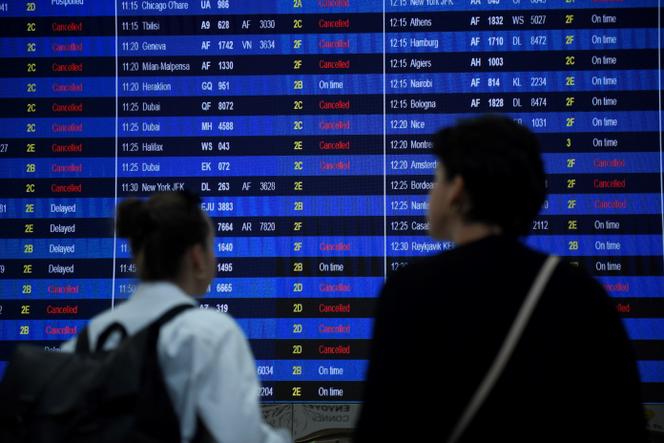


The start of the new air travel season promises to be a turbulent one as air traffic controllers announced a strike set to begin on September 15. A 24-hour strike notice in support of wage demands was issued on Monday, August 28 by The National Union of Air Traffic Controllers (SNCTA), the leading air traffic controllers' organization, with more than 60% of the vote.
SNCTA is calling for "catching up with inflation and the introduction of mandatory annual negotiations" on pay. According to SNCTA, the strike is simply the result of "the silence of the French civil aviation authority [DGAC]." SNCTA pointed out that "French air traffic control, like all European service providers, is governed by European performance plans which provide for compensation for inflation." When asked, DGAC declined to comment.
The timing of this action, occurring right after the summer vacations and amidst the Rugby World Cup, which is scheduled to take place in France from September 8 to October 28, is not a coincidence. The tournament is anticipated to attract several hundred thousand tourists and supporters, the majority of whom will arrive in France by air.
SNCTA, highlighting DGAC's failure to act on the issue of salary increases despite having "undertaken to work on the question by 2023," is determined to apply pressure. With the confidence derived from its triumph in the extensive battle against pension reform, the organization stands a solid chance of amassing a substantial following. After mobilizing its troops for several days of strike action, the union won its battle against DGAC and the government. Specifically, it won the right to retire at the age of 59. In addition to the air traffic controllers, the pilots and cabin crew also managed to retain their special pension schemes, after discreet negotiations.
Once again, the air traffic controllers' union is giving its supervisory authorities time to react. The union adopted a similar approach as it did a year ago when it was already in the process of negotiating a wage and recruitment agreement.
This strike threat is a cause for concern for airlines. With traffic returning faster than expected to pre-Covid-19 levels in 2019, airlines fear that a strike would penalize their business and have major financial consequences. France, by virtue of its geographical position, is the most overflown country in Europe. In the event of a conflict, airlines would have to cancel or delay flights, or bypass France, which would mean refunding thousands of passengers or using more fuel.
You have 26.37% of this article left to read. The rest is for subscribers only.
